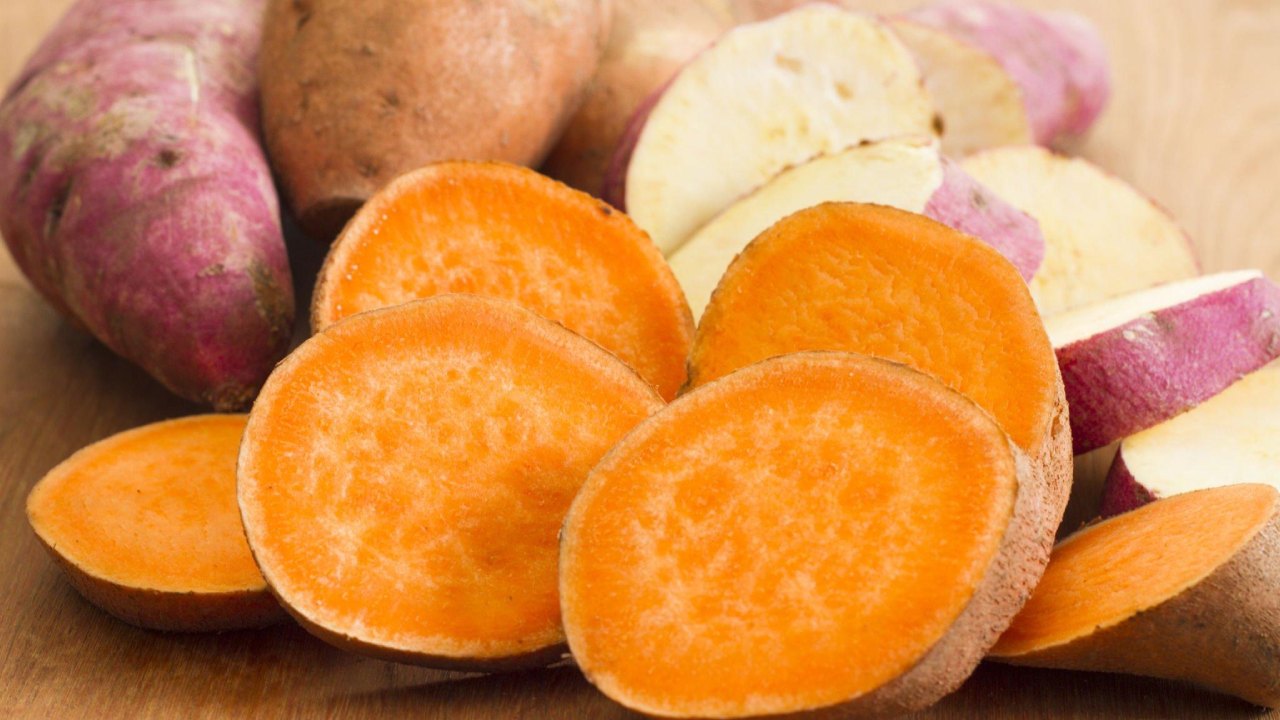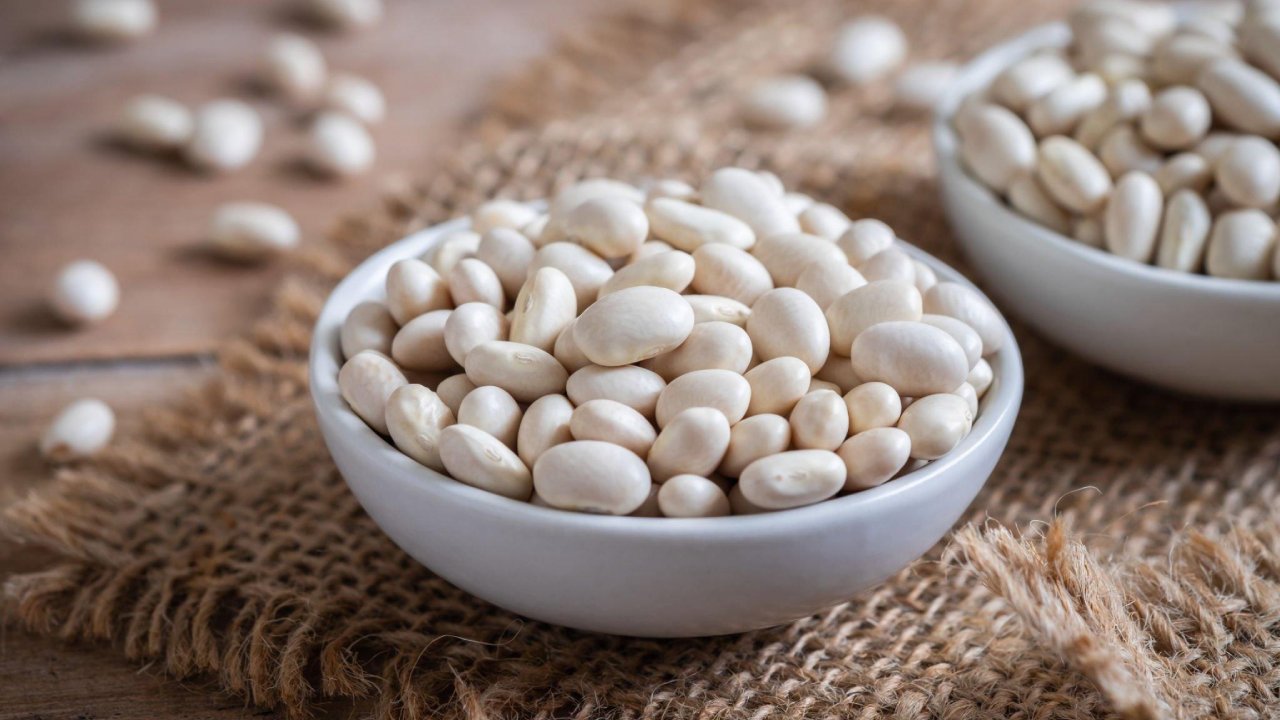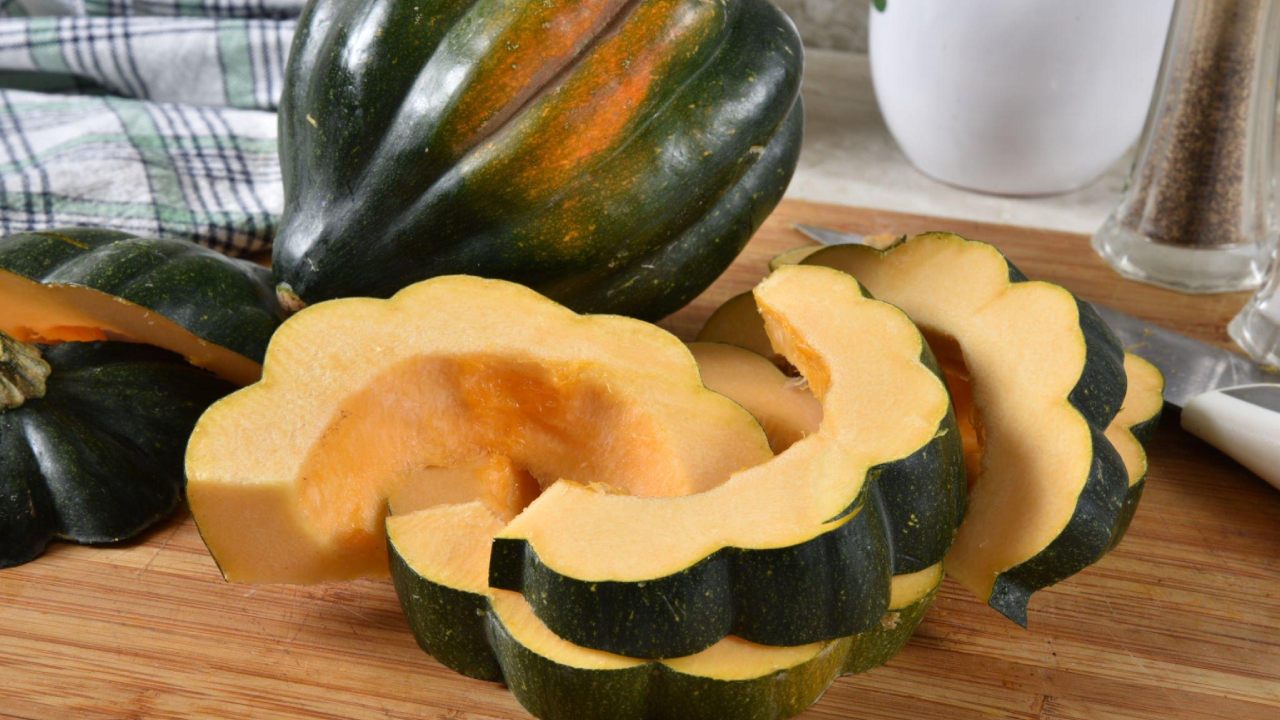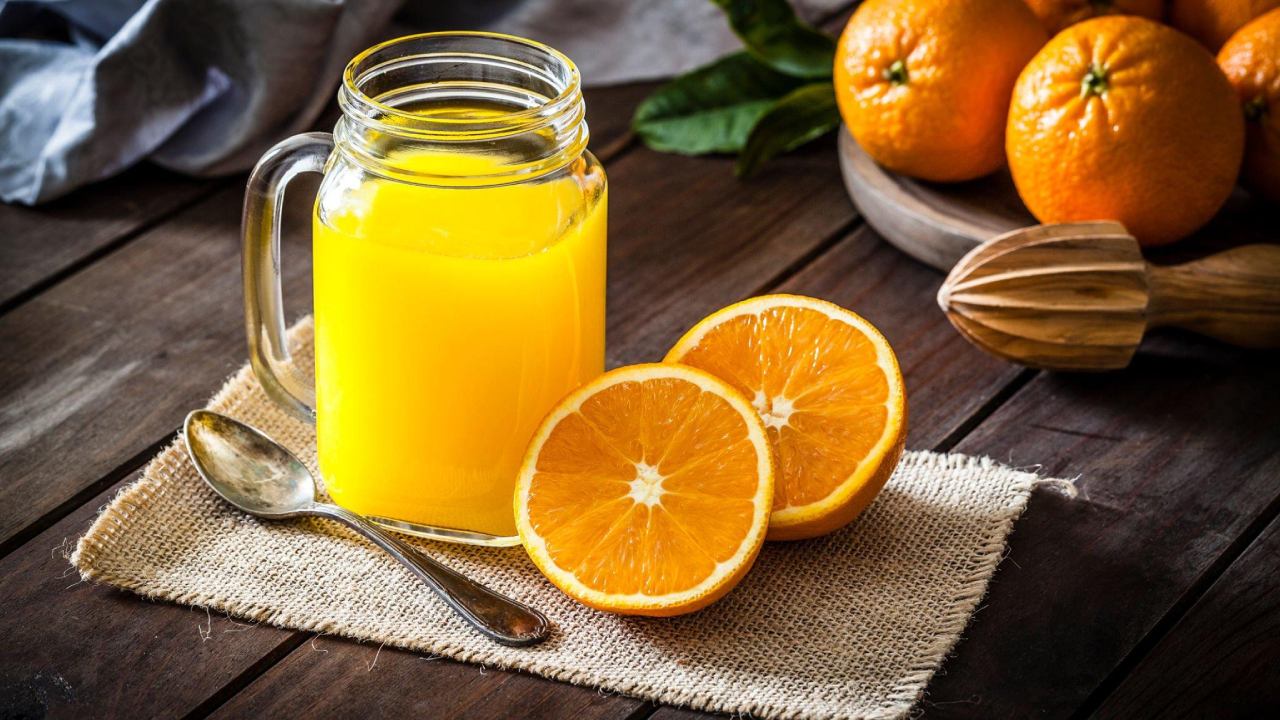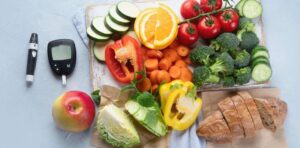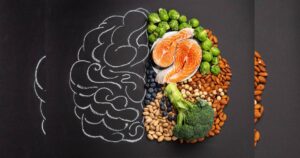Are you looking to improve your overall health and wellness? Adding potassium-rich foods to your diet may be just what you need. Potassium is an essential mineral that plays a vital role in various bodily functions, including regulating blood pressure, maintaining proper hydration levels, and supporting muscle and nerve function.
Luckily, there are plenty of delicious and nutrient-dense foods that are packed with potassium. In this article, we’ll explore 10 potassium-packed foods that you can easily incorporate into your diet to promote optimal health. From leafy greens to sweet potatoes, you’ll be surprised at how easy it is to add these foods to your meals and snacks. So, let’s dive in and discover the many benefits of potassium-rich foods!
Why is potassium important for your health?
Potassium is a mineral that is important for many functions in the body. It helps to regulate fluid balance, maintain proper hydration levels, and support muscle and nerve function. Potassium is also essential for regulating blood pressure, as it works to counteract the negative effects of sodium in the body. When you consume too much sodium, your body retains water to dilute the sodium concentration, which can lead to high blood pressure. However, consuming potassium can help to balance out the effects of sodium and lower blood pressure levels.
Potassium is also important for maintaining strong bones and preventing osteoporosis. It helps to reduce the amount of calcium that is excreted in the urine, which can help to maintain bone density. Additionally, potassium is needed to support the function of the kidneys, which play a vital role in removing waste and excess fluid from the body.
Overall, getting enough potassium in your diet is important for promoting optimal health and wellness. The recommended daily intake of potassium is 2,500-3,000 mg per day for adults. However, many people do not get enough potassium in their diet, which can lead to a number of health problems.
Top 10 potassium-rich foods
1. Bananas – the ultimate potassium source?
Bananas are one of the most well-known sources of potassium, and for good reason. A medium-sized banana contains around 400-450 mg of potassium, which is about 10% of the recommended daily intake. Bananas are also rich in fiber, vitamin C, and vitamin B6, making them a nutritious and delicious snack.
Bananas are incredibly versatile and can be enjoyed on their own or added to smoothies, oatmeal, or baked goods. They also make a great pre-workout snack, as the carbohydrates and potassium can help to fuel your muscles and prevent cramping.
2. Sweet potatoes – a tasty and nutritious root vegetable
Sweet potatoes are a delicious and nutritious source of potassium, with one medium-sized sweet potato containing around 500 mg of potassium. They are also rich in fiber, vitamin A, vitamin C, and beta-carotene, making them an excellent addition to any diet.
Sweet potatoes can be roasted, mashed, or baked, and make a great side dish or main course. They are also a great source of complex carbohydrates, which can help to provide sustained energy throughout the day.
3. Avocados – a superfood packed with healthy fats
Avocados are a superfood that are packed with healthy fats, fiber, and potassium. One medium-sized avocado contains around 700 mg of potassium, which is about 20% of the recommended daily intake. Avocados are also rich in monounsaturated and polyunsaturated fats, which can help to lower cholesterol levels and reduce the risk of heart disease.
Avocados can be enjoyed on their own or added to salads, sandwiches, or smoothies. They also make a great spread for toast or a healthy alternative to mayonnaise.
4. Spinach – a leafy green powerhouse
Spinach is a leafy green vegetable that is packed with nutrients, including potassium. One cup of cooked spinach contains around 800 mg of potassium, which is about 20% of the recommended daily intake. Spinach is also rich in vitamin A, vitamin C, vitamin K, and iron, making it a nutrient-dense addition to any meal.
Spinach can be enjoyed raw in salads or cooked in a variety of dishes, such as omelets, pasta, and soups. It can also be blended into smoothies for an extra boost of nutrients.
5. Salmon – a delicious and nutritious way to boost potassium
Salmon is a delicious and nutritious source of potassium, with one 3-ounce serving containing around 300 mg of potassium. It is also rich in omega-3 fatty acids, which can help to reduce inflammation and lower the risk of heart disease.
Salmon can be grilled, baked, or pan-seared, and makes a great addition to salads, pasta dishes, or tacos. It is also a great source of protein, making it a filling and satisfying meal.
6. White beans – a versatile and protein-packed legume
White beans are a versatile and protein-packed legume that are also rich in potassium. One cup of cooked white beans contains around 1,000 mg of potassium, which is about 25% of the recommended daily intake. They are also a great source of fiber, iron, and folate, making them a nutrient-dense addition to any diet.
White beans can be added to soups, stews, salads, or pasta dishes for an extra boost of protein and nutrients. They can also be mashed and used as a healthy alternative to mashed potatoes.
7. Yogurt – a healthy and delicious source of potassium
Yogurt is a healthy and delicious source of potassium, with one cup of plain, low-fat yogurt containing around 500-600 mg of potassium. It is also a great source of protein, calcium, and probiotics, which can help to support digestive health.
Yogurt can be enjoyed on its own or added to smoothies, oatmeal, or fruit bowls. It can also be used as a healthy alternative to sour cream in dips and sauces.
8. Acorn squash – a delicious and nutrient-dense winter squash
Acorn squash is a delicious and nutrient-dense winter squash that is rich in potassium. One cup of cooked acorn squash contains around 450 mg of potassium, which is about 10% of the recommended daily intake. It is also a great source of fiber, vitamin A, and vitamin C, making it a nutritious addition to any meal.
Acorn squash can be baked, roasted, or mashed, and makes a great side dish or main course. It can also be stuffed with a variety of fillings, such as rice, quinoa, or ground turkey.
9. Orange juice – Orange juice is a popular beverage made from the juice of oranges
Freshly squeezed orange juice is not only a good source of vitamin C but also a good source of potassium, with an 8-ounce serving containing about 400-500 mg of potassium. Look for 100% pure orange juice without added sugars for the best nutritional benefits.
Orange juice is commonly available in various forms, including freshly squeezed, pasteurized, and frozen. It is also sold in different concentrations, such as concentrated, with water added before consumption, and ready-to-drink, which is already diluted and typically sold in cartons or bottles.
In addition to its nutritional benefits, orange juice is often enjoyed for its refreshing taste and versatility as a beverage. However, it is important to note that consuming orange juice in moderation is recommended due to its natural sugar content. It is also worth considering the environmental impact of orange juice production, including the water and resource-intensive process of growing oranges and producing juice.
10. Tomatoes – Tomatoes are a versatile and healthy fruit that is packed with potassium
Tomatoes are a versatile and healthy fruit that is packed with potassium, with a medium-sized tomato containing about 250-300 mg of potassium. Tomatoes are also a good source of vitamin C, vitamin A, and lycopene, a powerful antioxidant.
In addition to their culinary versatility, tomatoes are also a good source of vitamins A and C, as well as potassium and antioxidants such as lycopene. Lycopene, in particular, is a powerful antioxidant that has been associated with various health benefits, including reducing the risk of certain types of cancers and promoting heart health.
Tomatoes are typically grown as annual plants and are cultivated in many parts of the world. They can be grown in gardens, greenhouses, or hydroponically. There are numerous varieties of tomatoes, including cherry tomatoes, beefsteak tomatoes, Roma tomatoes, and heirloom tomatoes, each with its own unique characteristics in terms of size, shape, color, and flavor.
How to incorporate these foods into your diet
Incorporating these potassium-rich foods into your diet is easy and delicious. Here are some tips for adding these foods to your meals and snacks:
- Add sliced bananas to your morning oatmeal or smoothie for an extra boost of potassium and fiber.
- Roast sweet potatoes with a sprinkle of cinnamon and serve as a side dish with your favorite protein.
- Mash avocado and spread on toast for a healthy and satisfying breakfast or snack.
- Toss spinach into salads or sauté with garlic and olive oil for a simple and delicious side dish.
- Grill or bake salmon and serve with a side of steamed vegetables for a nutritious and filling meal.
- Add canned white beans to soups or stews for a protein-packed and potassium-rich addition.
- Mix plain yogurt with fresh fruit and granola for a healthy and satisfying breakfast or snack.
- Roast acorn squash with a drizzle of maple syrup and serve as a side dish or main course.
By incorporating these potassium-rich foods into your diet, you can promote optimal health and wellness. Not only are these foods delicious and nutrient-dense, but they also provide a variety of health benefits. So, start adding these foods to your meals and snacks today and reap the many benefits of potassium-rich foods.
Conclusion
Potassium is an essential mineral that plays a vital role in various bodily functions, including regulating blood pressure, maintaining proper hydration levels, and supporting muscle and nerve function. Luckily, there are plenty of delicious and nutrient-dense foods that are packed with potassium.
From bananas to sweet potatoes to salmon, there are many ways to incorporate these foods into your diet and promote optimal health and wellness. By getting enough potassium in your diet, you can support strong bones, healthy kidneys, and lower blood pressure levels. So, start adding these potassium-rich foods to your meals and snacks today and enjoy the many benefits of a healthy and balanced diet.

